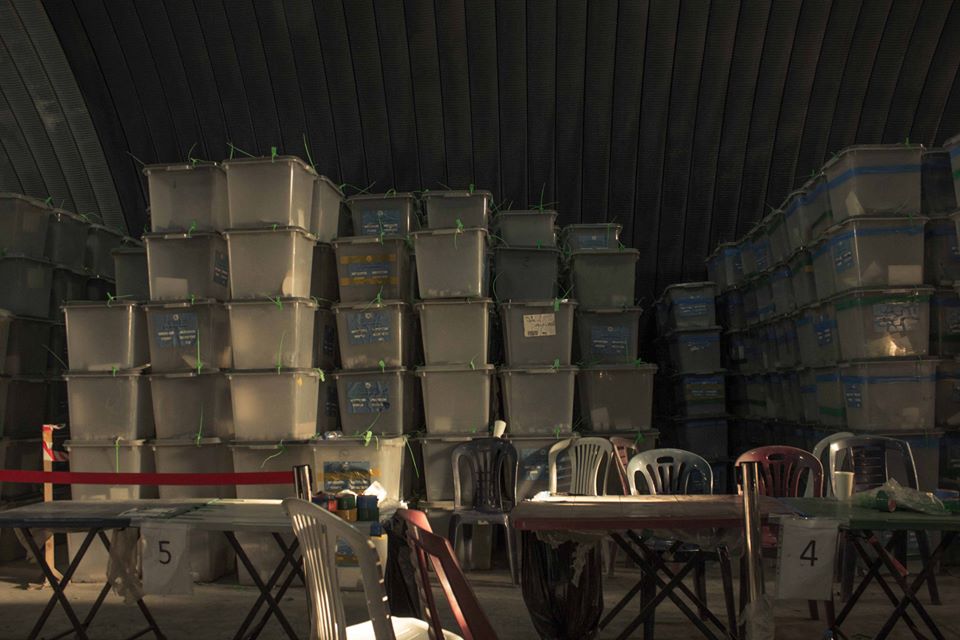[vc_row][vc_column][vc_column_text]

Recent cases of systemic electoral malfeasance, or electoral fraud, have occurred in places such as Afghanistan, Russia and Zimbabwe. Other isolated cases of fraud can still be found in the United States, Germany and United Kingdom.
Electoral malpractice is not a new phenomenon, but it presents an urgent credibility crisis, particularly for emerging democracies. The international community has recognized electoral integrity (i.e. ensuring elections are credible and abide by international norms and standards) as a pressing area that requires new and innovative thought and action as the manifestations of vote fraud continue to evolve and become more sophisticated in the second decade of the 21st Century.
Vote fraud manipulates election results and can take a wide range of illegal and even violent practices designed to influence the outcome of an election for personal or partisan gains over the public interest. More direct forms of manipulation such as stuffing ballot boxes and improperly recording votes are being complemented or replaced by other tactics such as intentionally using misleading ballots, abuse of state resources, political finance fraud, and electoral violence and intimidation.
Vote fraud is like a cancerous growth, and if not addressed in a timely manner it will spread throughout the system and ultimately affect a state’s governance. If vote fraud is the disease, then the cure is creating and sustaining functioning electoral integrity systems that prevent, mitigate and deter vote fraud.
In order to effectively combat vote fraud and promote systems of electoral integrity, states can train and deploy Electoral Integrity Agents, institutions working to implement and enforce strategies for credible elections free from vote fraud. Electoral Integrity Agents can be governmental bodies—such as those that regulate and investigate electoral and political processes or prosecute and adjudicate electoral crimes—or other nongovernmental institutions, including the media, civil society organizations and political parties.
To succeed, these institutions, and the international organizations that support them, must first understand the underlying conditions and motivating factors that encourage perpetrators to commit fraudulent acts. They then need to identify the opportunities for vote fraud, the intensity of the threats and, ultimately, how to prioritize and target appropriate responses and interventions.
Electoral fraud is an undeniably harmful disease, particularly in emerging democracies. But in seeking a solution, Electoral Integrity Agents and the international community must be mindful that the cure is not worse than the original ailment.
The quality of elections depends to a large degree on the public’s perception of the elections. Strategies and approaches to address vote fraud should not negatively impact the perceived credibility of the elections. Too much media attention to fraud, for example, might have the unintended consequence of heightening public perceptions that there is more fraud even when there is actually less. In other cases, if new electoral technologies are introduced without proper public education and awareness, they could create confusion among voters and stoke voter suspicion.
Combatting vote fraud thus requires a holistic, forward-looking and well-thought-out strategic approach across all phases of the electoral cycle to be effective. Such an approach must be proactive rather than reactive and employ tools and interventions grounded in international standards and best practices that have already proven successful.
Genuine and effective efforts to combat vote fraud are thus needed to preserve and restore confidence in the electoral process and, ultimately, credible governance.
Jeffrey Carlson is the Director of the Electoral Education and Integrity Practice Area at Creative Associates International.[/vc_column_text][/vc_column][/vc_row]